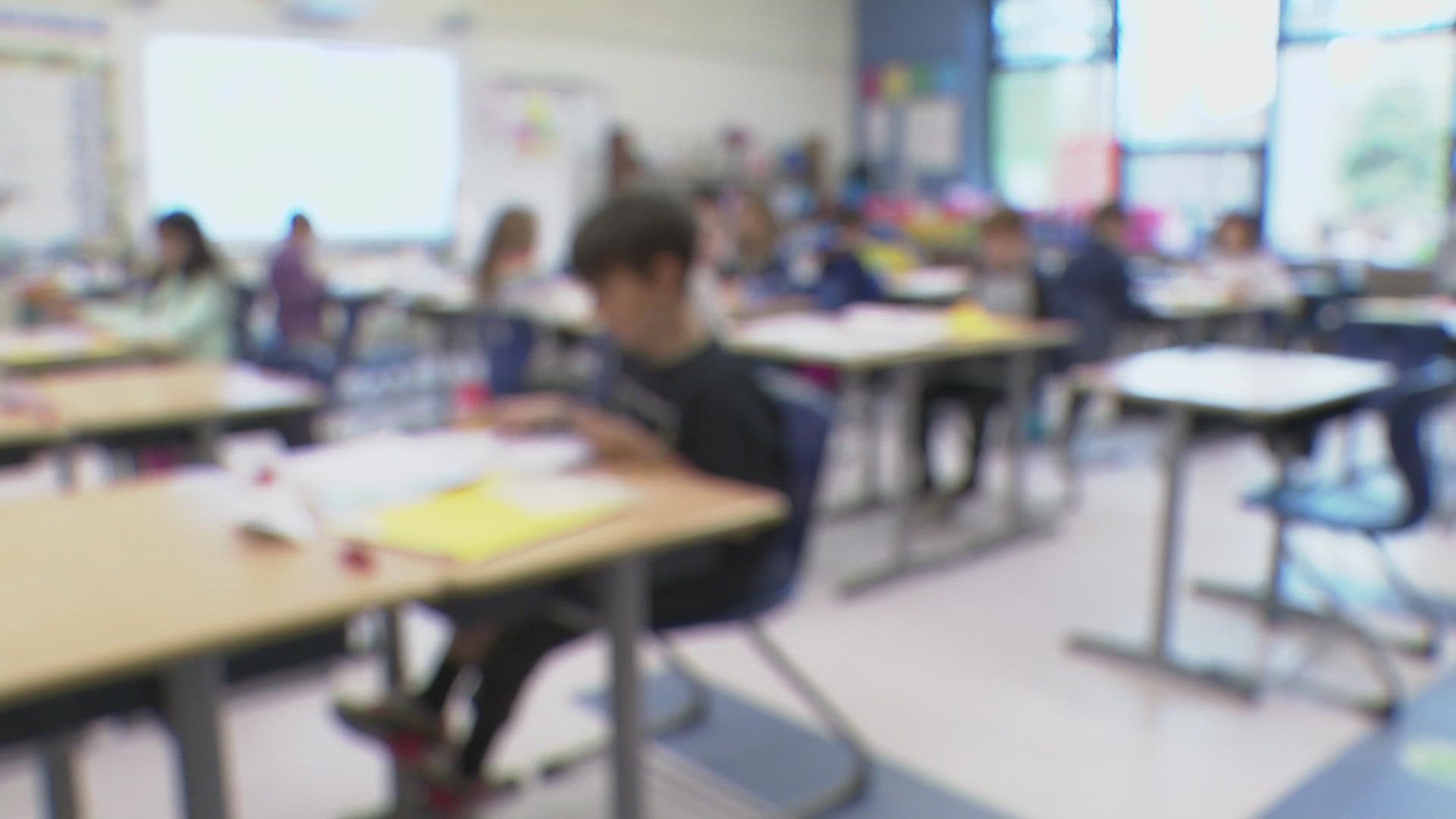SOUTH PORTLAND, Maine — School districts across Maine are entering the 2022-2023 academic year without dozens of critical staff due to vacancies they cannot fill.
Two of the most integral positions that districts are struggling to hire for are educational technicians and bus drivers.
"I think it's safe to say that every superintendent is concerned about hiring ed techs and bus drivers, and many, many superintendents are concerned about hiring teachers," said South Portland Schools' superintendent Tim Matheney. "It's one of the most difficult positions to hire right now, and they're such important people in terms of providing direct services to students."
Educational Technicians, or ed techs, give extra attention to students with individualized education plans (IEPs), multilingual students who are still learning English, as well as students who have additional behavioral needs.
"You may have a student with really unique needs who needs an extra set of hands in the classroom to ensure they're getting the most out of their classroom experience," Matheney said. "There have been other periods in time when there have been really tight labor markets, but nothing like this."
Matheney said his district still needs 10 to 15 ed techs. Districts like Sanford need about 15. Bangor needs more than 30. Lewiston is trying to find more than 100.
In a letter to parents on Monday, Lewiston superintendent Jake Langlais acknowledged the staffing shortage affecting both classrooms and bus transportation.
"We still have spots we would like to fill but we are feeling much better today than we did a month ago with staffing levels. We anticipate some transportation disruptions this year. We are hopeful that things are smoother than last year," Langlais wrote. "Education and custodial staff are in high demand. We continue to strategize around the shortage. We have explored subsidized housing for educators but that will take some time if it is feasible as there is limited housing available."
The Maine Education Association, one of the unions representing teachers, saw this problem coming, and said the pandemic only exacerbated it.
"It's not a shortage of educators. It's an increased number of vacancies," said Grace Leavitt, executive director of the MEA.
She and Matheney said attrition is higher than normal in 2022. They both said the demands of the job is leading to burnout. Leavitt said pay is another major issue: the minimum salary for a Maine classroom teacher is $40,000, which just went into effect in 2022. For ed techs, a document from the Maine Department of Education shows the entry level pay is $15,623 a year.
"First and foremost, it's definitely the pay has been lagging far behind and now is so far behind other occupations," Leavitt said.
She said people with comparable education for jobs in other professions earn 20 percent more than teachers in Maine. She said some districts recognize the pay issue and offer more than the minimum.
Matheney said his number one concern is making sure teachers and students have the support staff they need to have a good classroom experience.
"We're interviewing people every day, but the need is substantial. We're hustling. We're advertising on Indeed. We had a radio ad. We're doing everything we can to bring in candidates for those positions," he said. "When I think about educators, I think they have a couple of superpowers. One is to connect with kids, and one is their incredibly hopeful attitude. They embody hope, and that is the essence of being an educator."

